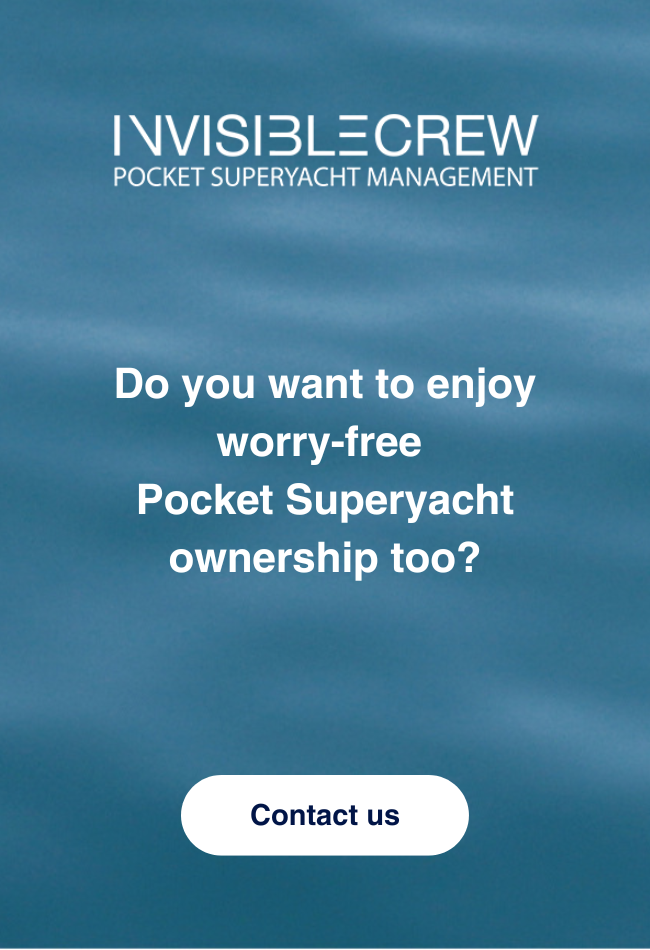Maritime navigation is one of the most dangerous jobs in the world and a superyacht is not different. The lack of national regulations and the use of so-called flags of convenience causes that some employees work quite often too many hours and under not in acceptable conditions corresponding to the 21st century.
The number of superyachts is increasing rapidly in the last years and according to recent statistics there are more than 33.000 crew members are employed in the global fleet, which has grown 77% in less than a decade. Although the unions and seafarers associations celebrate the increase in employment and acknowledged that there are many owners who are responsible for the workers, one survey carried out on different crews by the Seafarers International Research Centre of the University of Cardiff (SIRC), found that 75% of the crew is concerned about occupational safety and more than 40% have suffered harassment.
Variations in regulations around the world, the different jurisdictions and tax havens flagged vessels with relaxed cooperation tendencies, make it sometimes very difficult – when not just impossible – to investigate and prosecute illegal actions and/or liabilities for accidents, complaints of workplace harassment, payment of indemnity and compensations etc.; even in extreme cases crew members have to suffer unpaid wages, confiscation of passports, injuries and intimidation. The claims are difficult to launch because there are always several jurisdictions operating in each case, the intervention of insurance companies and it is quite common – easier, quicker and more effective – to reach extrajudicial agreements with intervention of Maritime Lawyers acting on behalf the owner and the employee.
All Seafarers should know that they are under the protection of the 2006 Maritime Labour Convention, MLC – approved by the International Labour Organization in 2006 entered in force the 20th of August 2013, and ratified by 84 of its 185 member states – which stablishes the requirements for employment contracts, hours and working conditions to try to create the appropriate legal basis within the relationships between jurisdictions, agents and companies dedicated to the management of superyacht, and the correspondent inspections and surveys.
The MLC 2006 makes it compulsory for all ships included in the scope of the MLC 2006, ie ships of 500 GT gross tonnage and upwards destined to international maritime transport or with the same tonnage flying flag of a Member and operating from a port, or between ports, of another country, to be in possession of a Maritime Labour Certificate and a Maritime Labour Declaration, that are normally surveyed at Port State Control ( in Spain carried out by the Inspectors of the Capitanía Marítima).
For more queries you can always contact our Firm.
Carlos Espinosa – Solicitor & Tax Advisor
+34 627 41 32 01
carlos.espinosa@iurisnautic.com












